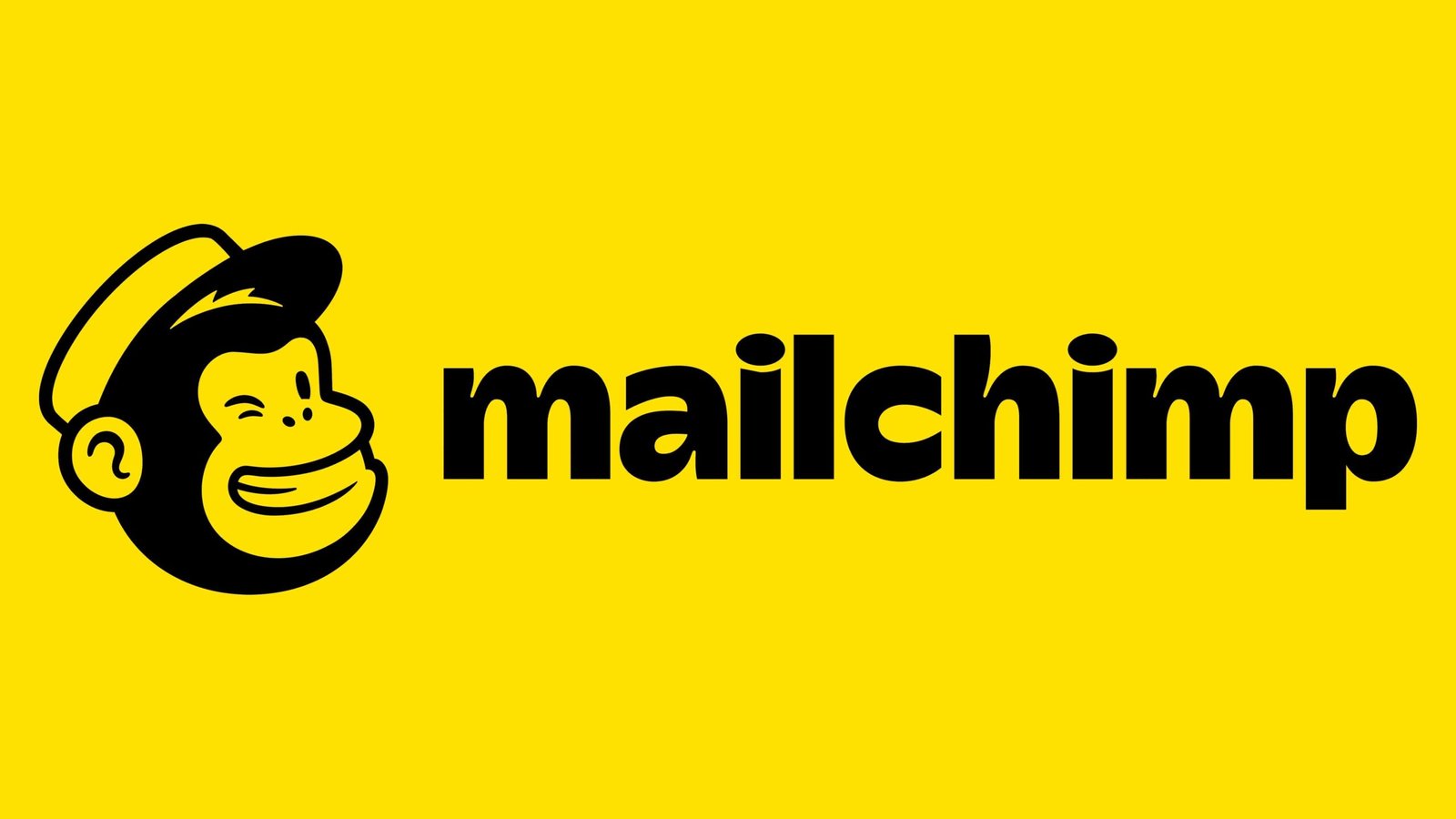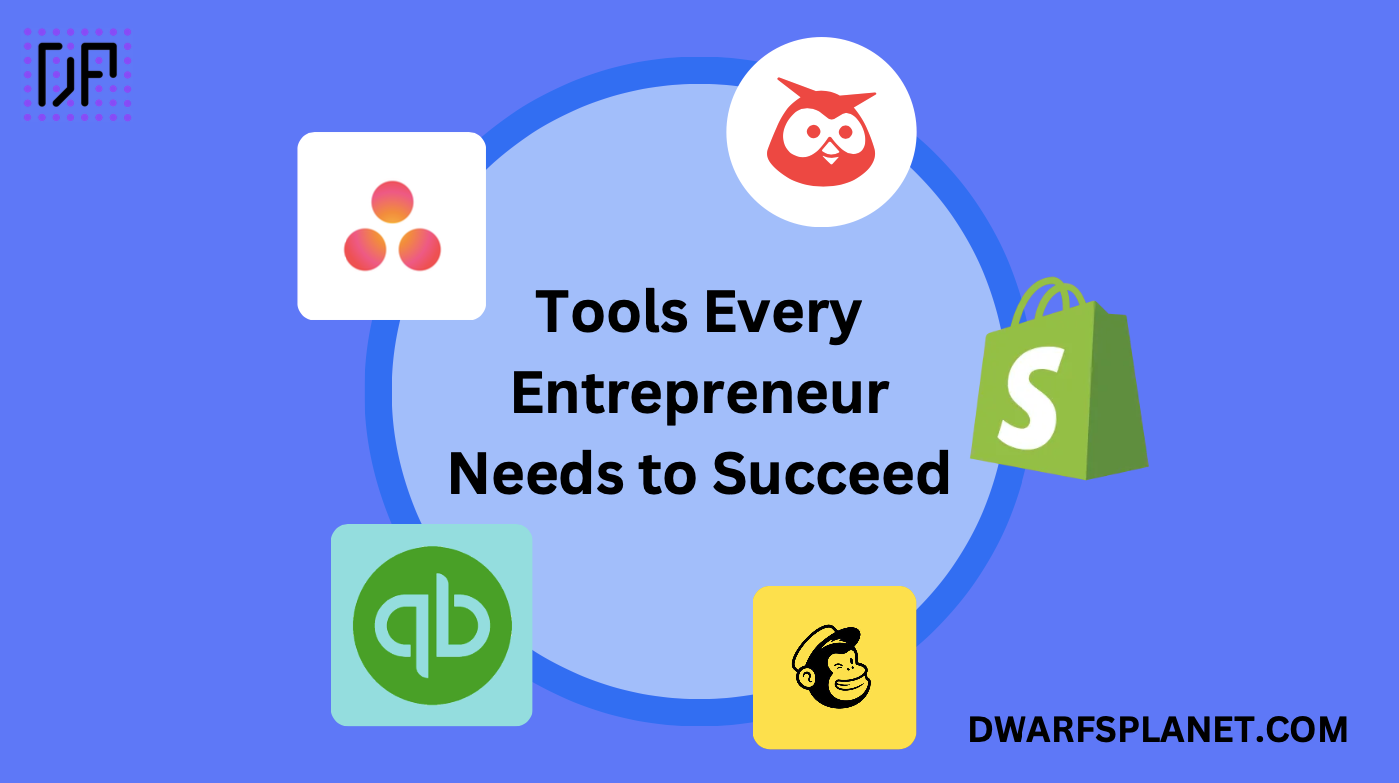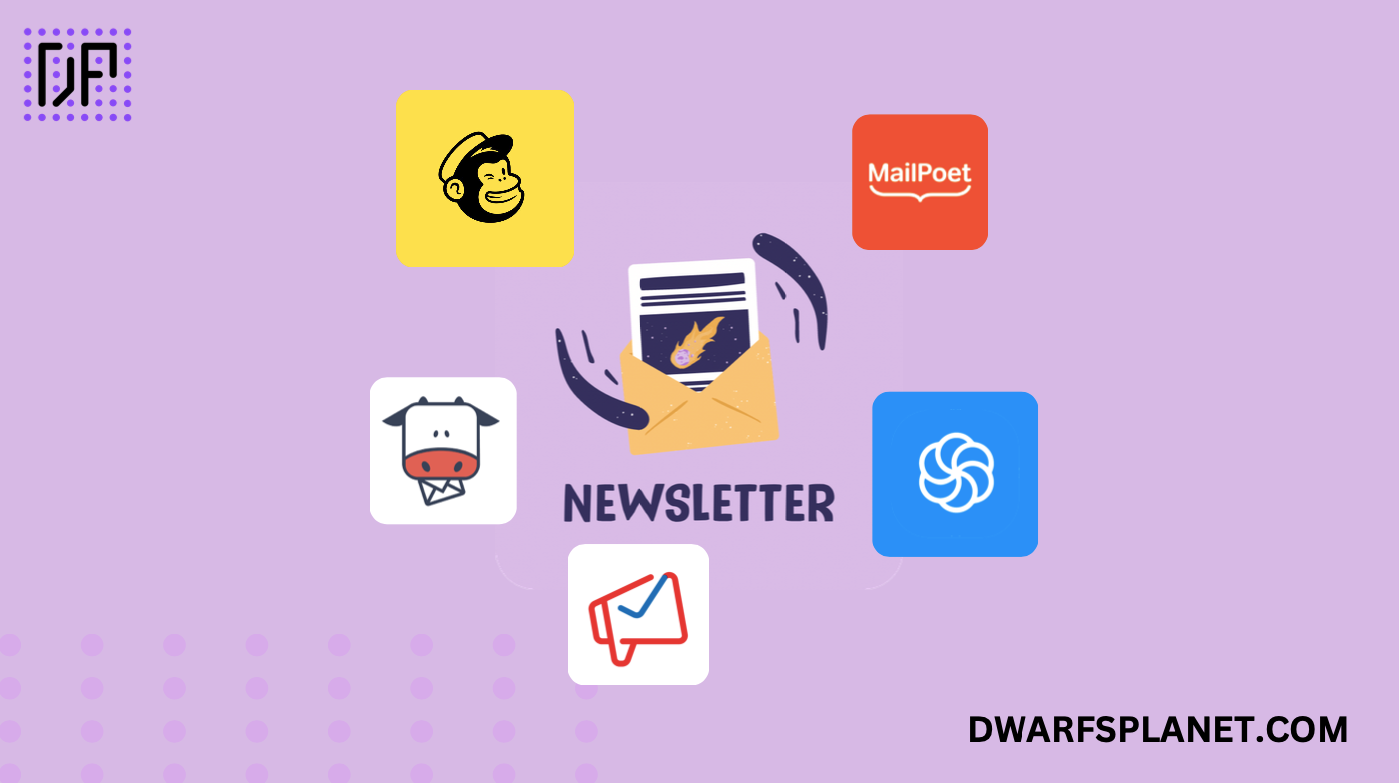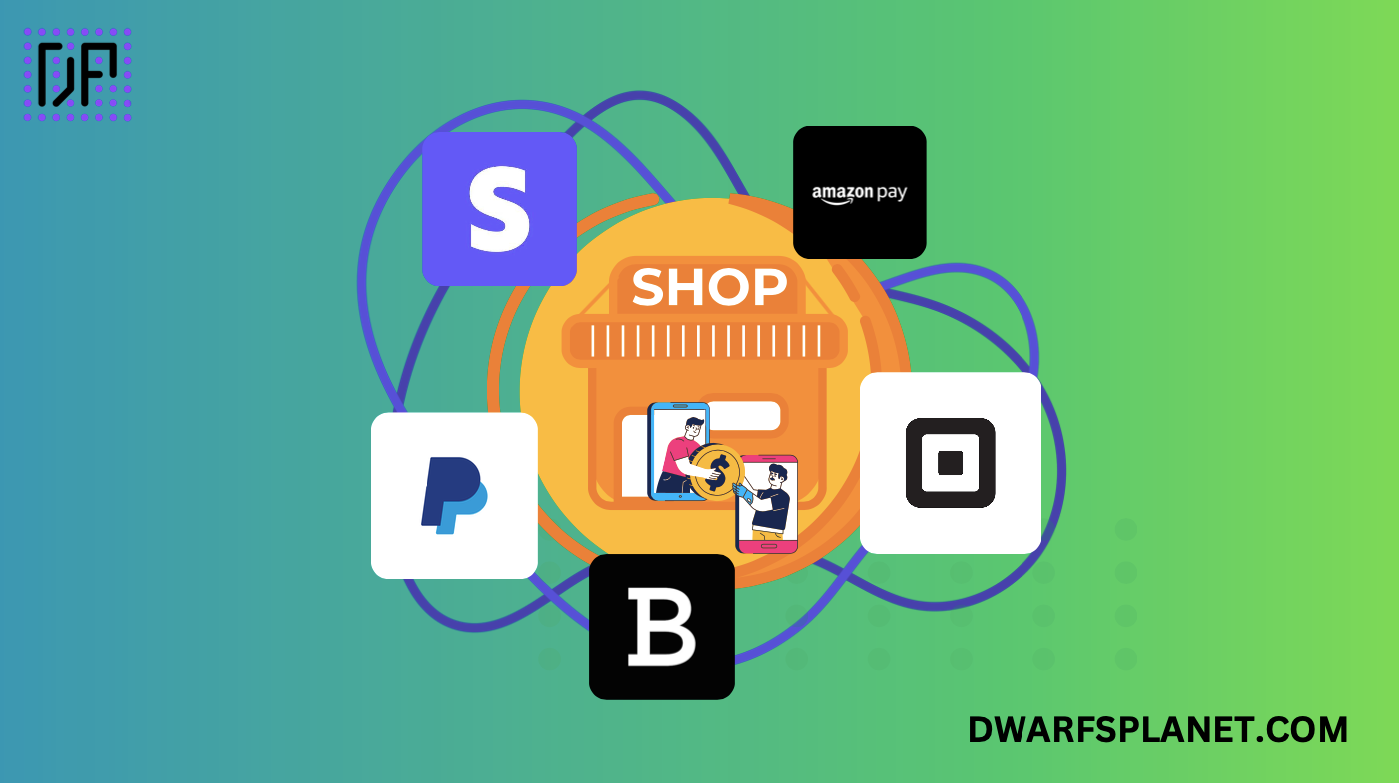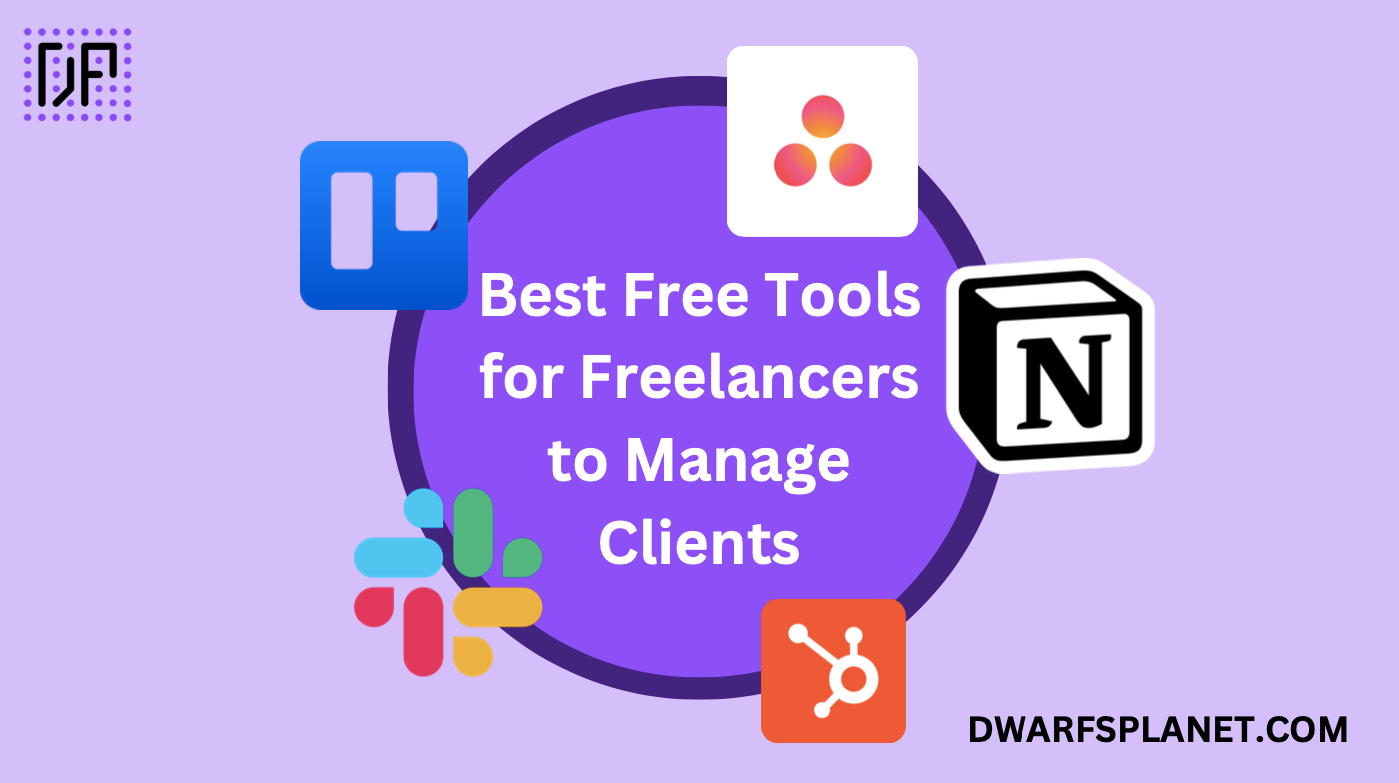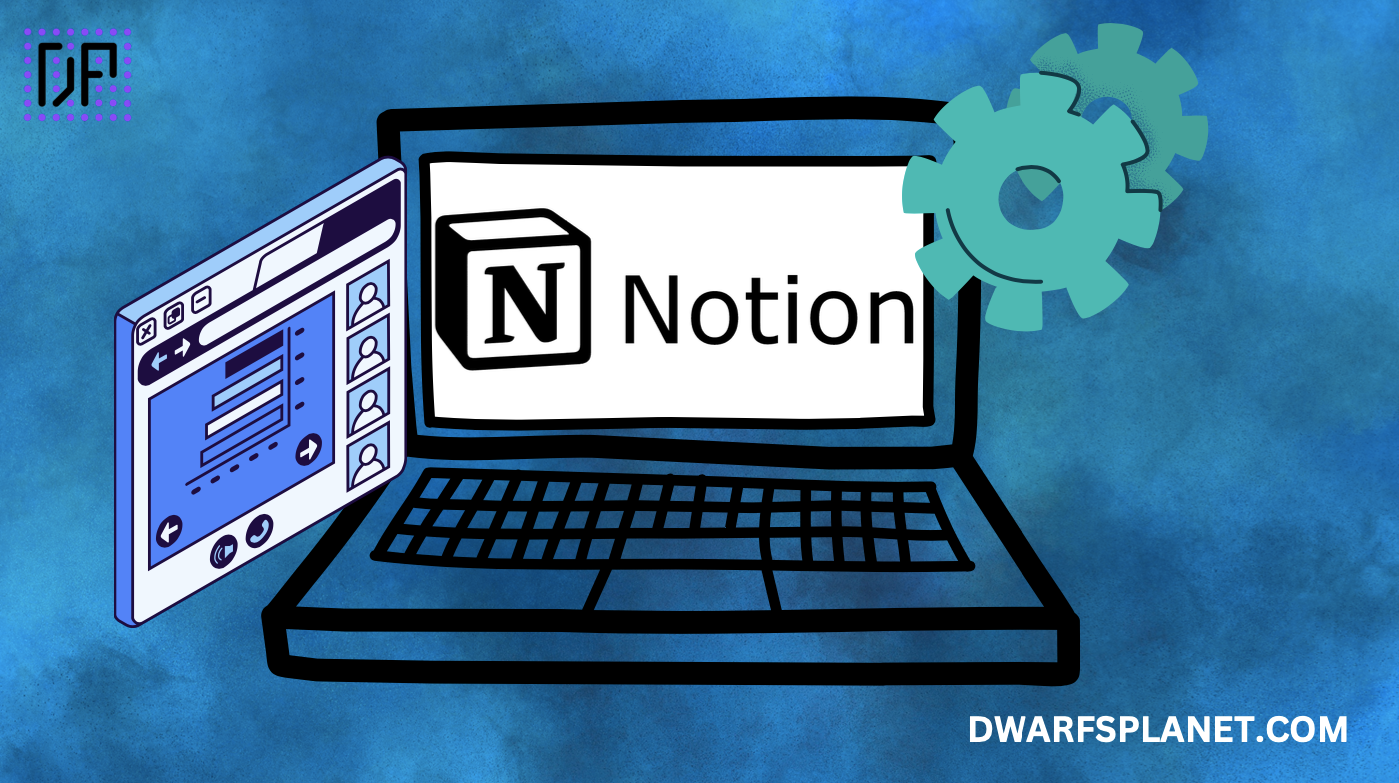
Introduction
In today’s competitive job market, a strong personal brand is a powerful asset. Your personal brand reflects your professional identity, showcasing your strengths, skills, and unique value. A well-crafted brand can set you apart from other candidates. It allows you to stand out to employers and increase your chances of getting hired. This guide shares five essential tips to build a personal brand that makes a lasting impression on hiring managers and recruiters.
1. Define Your Unique Value Proposition (UVP)
Your Unique Value Proposition (UVP) is what differentiates you from other candidates. It’s the combination of your skills, experience, and personal attributes that make you an ideal fit for specific roles. Defining your UVP helps you communicate your unique strengths to potential employers.
- How to Define Your UVP: Start by listing your key skills, achievements, and experiences. Consider what you bring to a role that others may not, such as specialized knowledge, problem-solving skills, or a creative approach.
- Example: If you’re a marketing professional with a knack for data analytics, your UVP could be, “A data-driven marketing expert with proven success in optimizing campaigns for maximum engagement and ROI.”
Defining your UVP helps you present a clear, focused brand message across your resume, social media profiles, and job interviews.
2. Optimize Your LinkedIn Profile
LinkedIn is one of the most effective platforms for building a professional brand and networking with hiring managers. Optimizing your LinkedIn profile ensures that your skills, experience, and personal brand are showcased to potential employers.
- Profile Picture and Headline: Use a high-quality photo that presents you as approachable and professional. Craft a headline that highlights your expertise, such as “Experienced Financial Analyst Specializing in Data-Driven Investment Strategies.”
- Summary Section: Write a concise summary that reflects your UVP, your career goals, and a few key accomplishments. Focus on what makes you unique and why employers should consider you.
- Showcase Skills and Endorsements: List relevant skills and seek endorsements from colleagues. Add tangible results to your job descriptions to demonstrate your impact in past roles.
Regularly engaging with LinkedIn posts, sharing relevant articles, and connecting with industry professionals can further enhance your visibility and credibility.
3. Develop a Personal Website or Portfolio
A personal website or portfolio is an excellent way to provide a more in-depth look at your work. It gives you the space to highlight your projects, achievements, and case studies, making it especially valuable for candidates in creative, tech, or freelance roles.
- What to Include: Your website should feature an “About” page that provides an overview of your background and skills, a “Portfolio” or “Projects” section showcasing your best work, and a “Contact” page to make it easy for employers to reach you.
- Example: If you’re a graphic designer, include images and case studies of your design projects, detailing the objectives, processes, and results for each one.
- Platform Options: You can create a professional-looking website using platforms like WordPress, Squarespace, or Wix.
A personal website allows you to present your work in your own style and acts as a digital portfolio that hiring managers can explore to get a sense of your capabilities.
4. Build a Consistent Social Media Presence
Social media is a powerful tool for building your personal brand, and having a consistent online presence can help you appear credible and engaged. Select platforms that align with your industry (such as LinkedIn, Twitter, and even Instagram for visual fields) and use them to share insights, showcase your knowledge, and connect with others in your field.
- Create and Share Relevant Content: Share industry insights, articles, or even your own thoughts on trends to demonstrate your expertise. For example, if you’re in digital marketing, post about social media algorithm changes or emerging advertising platforms.
- Engage and Network: Actively participate in discussions within industry groups or comment on posts related to your field. Engaging with others’ content builds connections and shows you’re interested in ongoing industry developments.
- Consistency is Key: Keep your message, tone, and visual branding consistent across all platforms. Use the same profile picture, and ensure your bio reflects your UVP and professional interests.
A consistent social media presence shows potential employers that you’re invested in your career and up-to-date with industry trends, which makes you a more attractive candidate.
5. Seek and Showcase Recommendations
Recommendations provide social proof of your skills and reliability. Having endorsements from previous colleagues, managers, or clients can help reinforce your expertise and give hiring managers additional insight into your professional reputation.
- Ask for LinkedIn Recommendations: Reach out to colleagues or clients you’ve worked closely with and ask them to write a recommendation on LinkedIn. Be specific about the skills or achievements you’d like highlighted to ensure the recommendation is aligned with your brand.
- Include Testimonials on Your Website: If you have a personal website or portfolio, ask permission to share testimonials or case studies. Client or peer endorsements make your brand more relatable and trustworthy.
- Example: A LinkedIn recommendation from a manager might read, “Alex consistently impressed with their innovative approach to problem-solving and delivered measurable results in every project they handled.”
Recommendations are powerful for building trust, and they can make a strong impact on hiring managers reviewing your application.
Conclusion
Improving your personal brand can significantly increase your chances of getting hired, as it allows you to stand out from other candidates and present a compelling professional identity. By defining your Unique Value Proposition, optimizing your LinkedIn profile, building a personal website, maintaining a consistent social media presence, and showcasing recommendations, you’re well on your way to creating a brand that resonates with employers.
A strong personal brand is not built overnight, but with consistent effort and thoughtful strategy, it can be a game-changer in advancing your career and landing your dream job. Start applying these tips today, and watch as you gain visibility, credibility, and more job opportunities.
 Skip to content
Skip to content 
